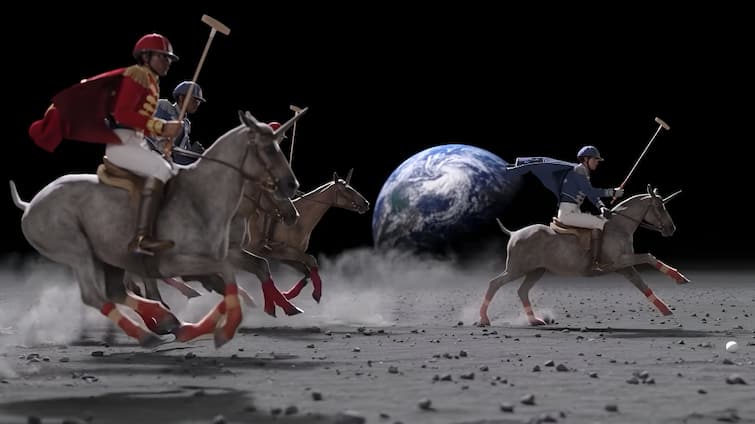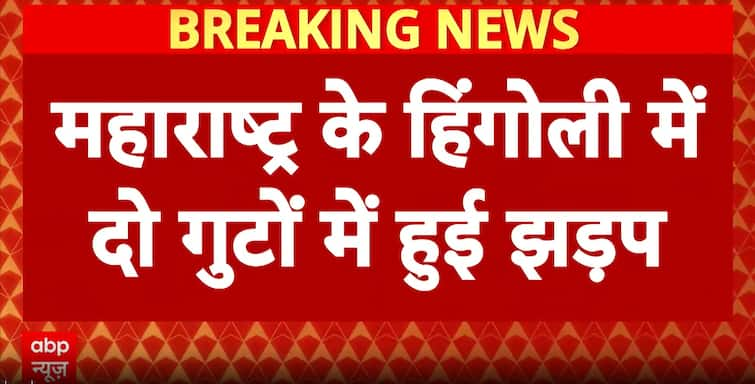OpenAI has launched a new app for making and generating AI videos called Sora. The app is currently available by invitation, allowing users to create short clips using text prompts and also view videos made by others. It can even make a realistic AI version of you, with a matching voice, and insert it into videos with their permission. With Sora, OpenAI is stepping into the social media segment rather than just focusing on ChatGPT.
Big players like Meta, TikTok, and other AI video tools like Gemini’s Veo3 will be its direct competitors.
Sora App & Features
The Sora app builds on OpenAI’s previous video software of the same name. It can generate video clips while sticking to the user’s prompts more accurately than previous AI video tools. It can also handle realistic visuals like physics, fluid dynamics, and scene transitions.
Users can even add AI-generated audio, including dialogue, sound effects, and background music, that too in multiple languages. Sora also let users create AI avatars of themselves, which can then be included in videos by the owner or friends, making it a good mixture of AI video creation and social sharing.
The app automatically pieces together multiple scenes, so users don’t need to manually edit each clip. Users can also explore other creators’ videos, like short clips of funny, creative, or informative content.
Sora’s Safety & Availability
OpenAI has added several safeguards to prevent misuse. Users cannot create videos featuring public figures unless they choose to make a cameo, and videos made from images of real people are not allowed.
All videos are watermarked to indicate they are AI-generated, and screen recording is disabled to control distribution. The app is initially available for iOS, with plans to expand to Android later.
OpenAI is also offering the updated software, Sora 2, through its website, sora.com. While the app sounds promising, it raises questions about authenticity, ethical use, and the potential impact on the filmmaking industry.



